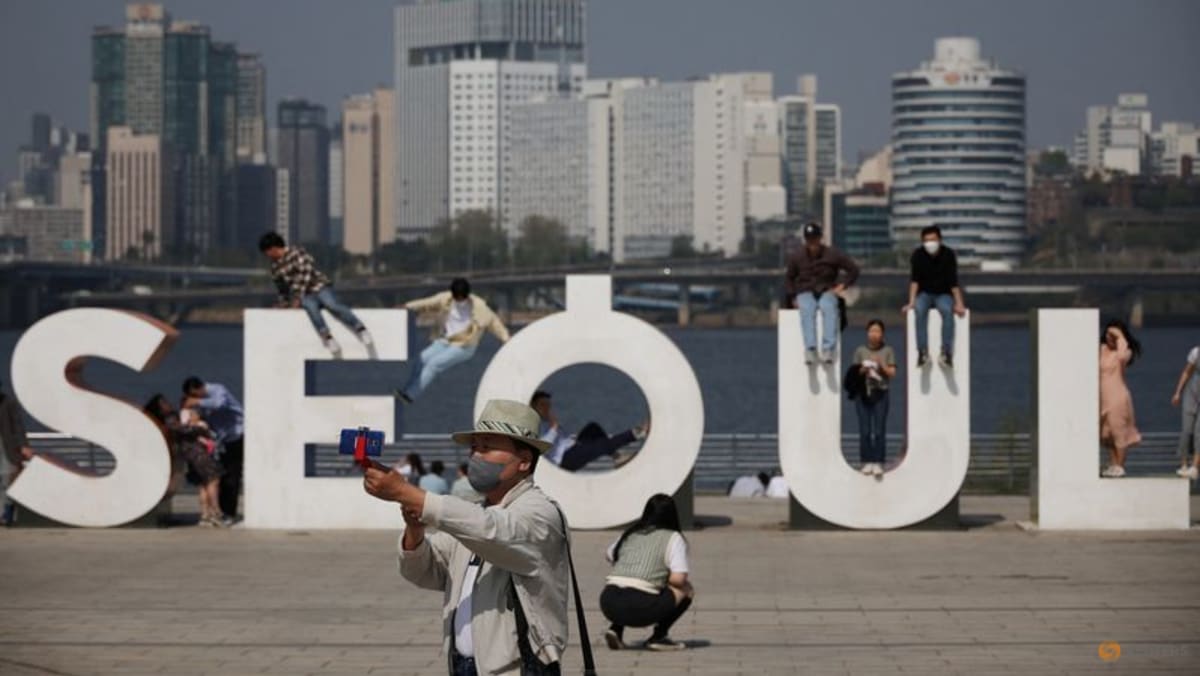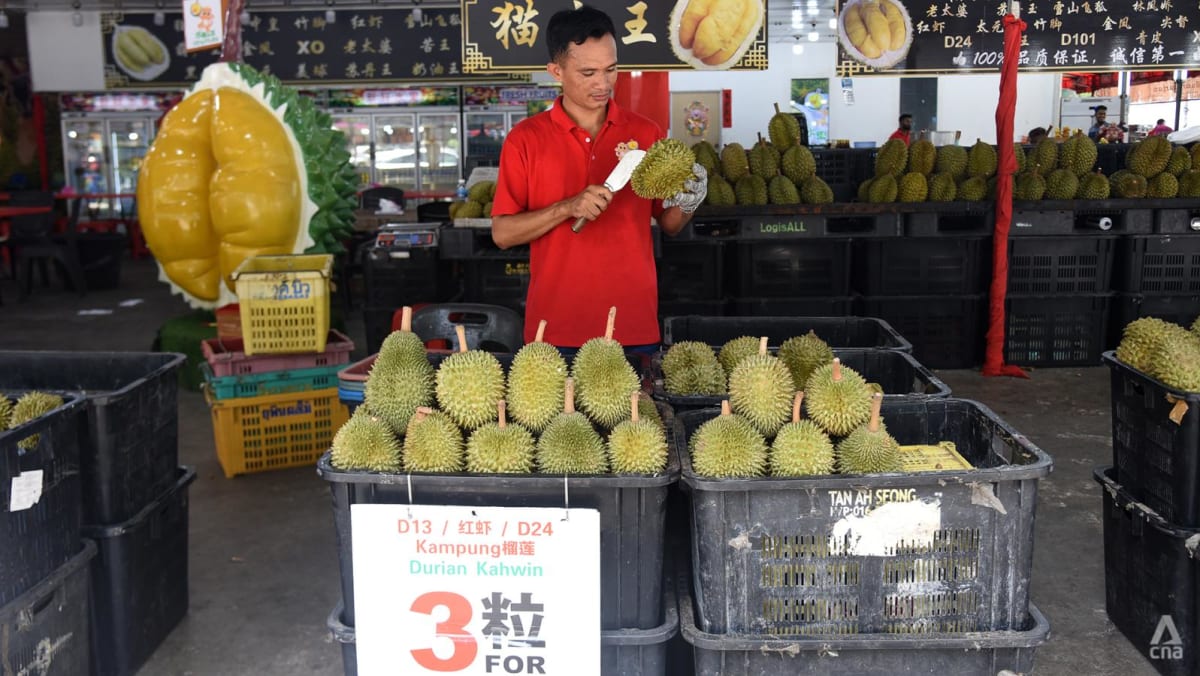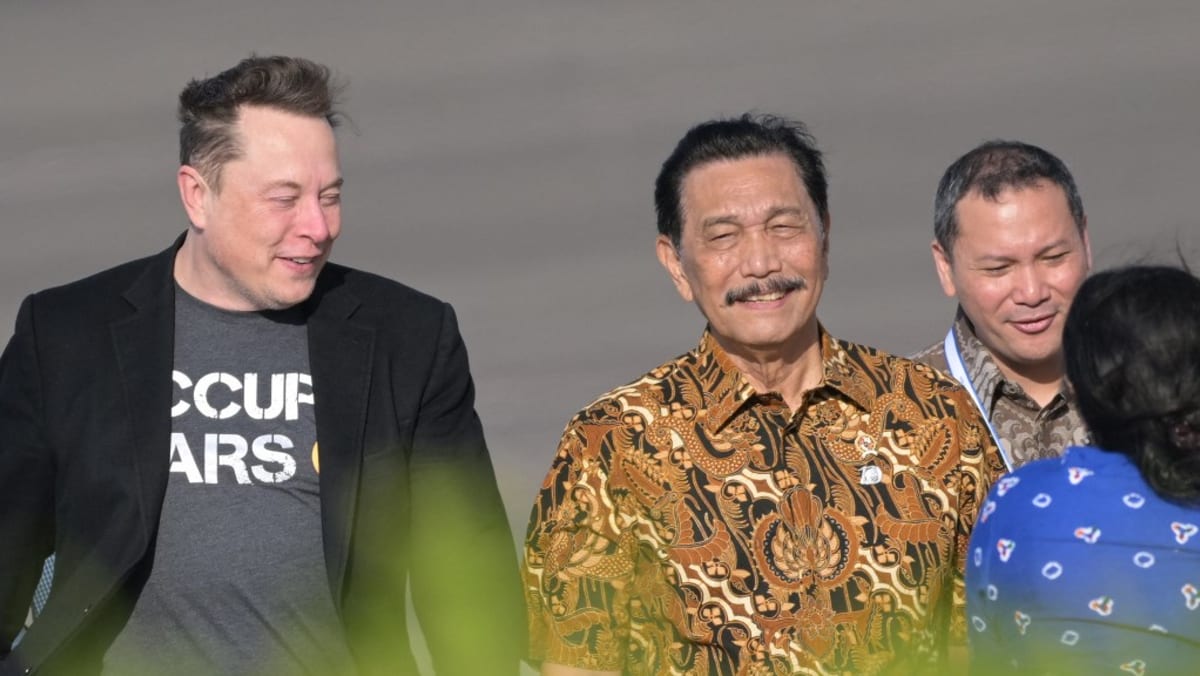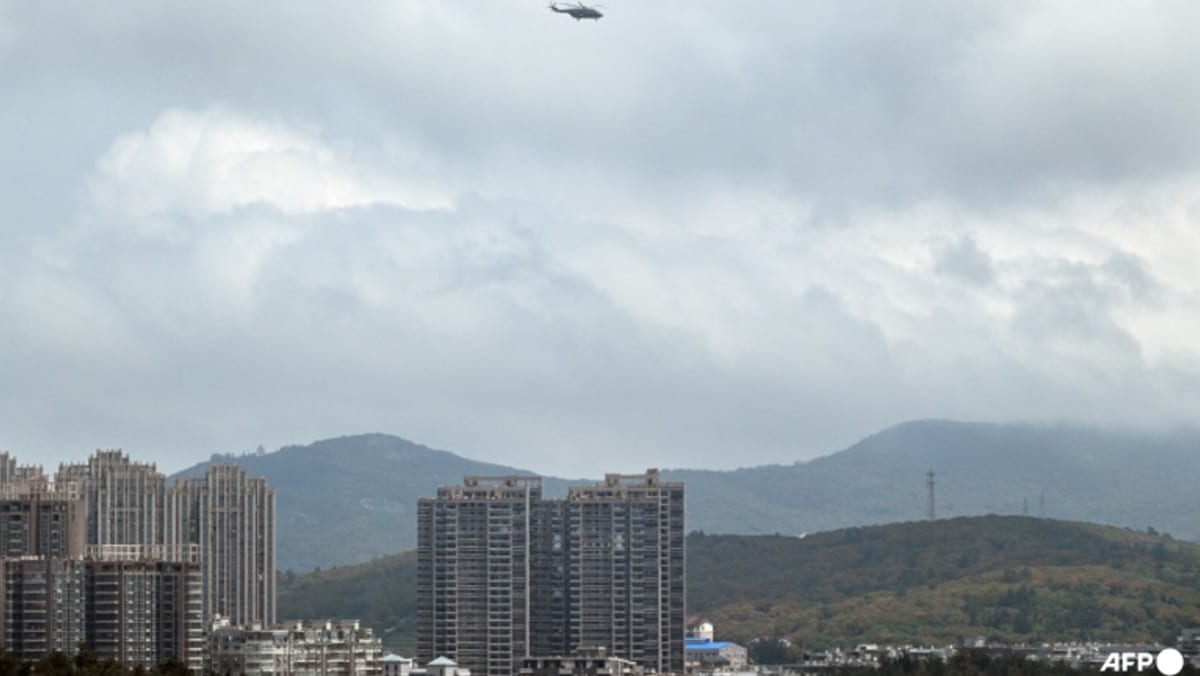PROSPECTS OF A DOWNTURN HAVE DIMINISHED
It didn’t look that way a year ago; economists confidently predicted multiple cuts beginning in late 2023. There was even a chance of recession.
Prospects of such a downturn have greatly diminished. Inflation is proving a little stubborn and a rampaging greenback has weakened Korea’s currency, the won, to a degree that worries the central bank. This is an unfortunate byproduct of robust conditions in America and diminished hopes for early reductions from the Fed, a shift that has reverberated through global markets.
“I wouldn’t call it starting from scratch,” Bank of Korea Governor Rhee Chang-yong told reporters recently. “But the situation has changed.”
Nor is President Yoon Suk Yeol getting any kind of dividend from this economic buoyancy. His party received a drubbing in parliamentary elections last month when voters rebelled against Yoon’s hard-right policies. So great was the bloc’s defeat that political scientists declared his rule over with several years left in his term.
Investor-friendly policies championed by Yoon, like deep cuts in capital-gains tax and union busting, will struggle to get traction. The average Korean has yet to experience better times. An index of consumer sentiment has hovered either side of the divide that gauges whether optimism or pessimism prevails.
Boom times for Samsung Electronics and SK Hynix don’t necessarily translate into euphoria on the streets. High levels of debt and worries about inequality have accompanied the country’s advance in recent decades – and inspired Netflix’s hit Squid Game and, a few year’s earlier, the Oscar-winning film Parasite.














